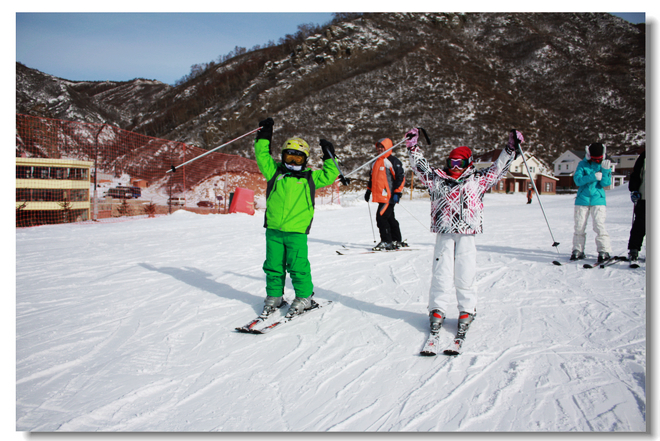Despite the fact that they are still six years away, efforts are being ramped up to make the 2022 Winter Olympics a success on all fronts. It looks like many pieces of the jigsaw are already in place with the involvement of the Chinese Government as well as private investors from China and overseas.
The National Development & Reform Commission (NDRC) realises that at present the country is not up to speed with other developed countries regarding winter sports facilities. They want to get "300 million people” involved in winter sports by the time the 2022 Beijing Winter Olympics comes around.
To help achieve that they plan on building around 500 ice skating rinks and 240 ski slopes before 2022, according to a REUTERS report. The NDRC said, "it would use a mix of government and private funding and was open to support from financial institutions".
It is hoped these additional facilities will boost the Chinese teams at the 2022 Games. China came 12th on the medals table at the Sochi 2014 Winter Olympics. The NDRC said the effort would be led by Beijing, along with Tianjin City and Hebei Province. Beijing and Zhangjiakou City won the right last year to host the Games.
As well as stadiums and arenas there will also be major investment in transport systems. The construction of the Yanchong Expressway will start by the end of this year. The 113-kilometre route will connect Beijing and Zhangjiakou, a co-host for some events. Plans also include the construction of a high-speed railway between Beijing and Zhangjiakou and the upgrading and expansion of Zhangjiakou Airport.
The growing popularity of winter sports can already be seen with about 10,000 spectators at the seventh edition of Air+Style in Beijing on Saturday night 19th November. The event was attended by China's half-pipe snowboarding star Zhang Yiwei who stated, "I didn't expect such a large audience here." He also said the event will boost awareness of winter sports ahead of Beijing hosting the Winter Olympics in 2022.
This week there has also come news of the Austrian ski-manufacturing industry seeing a surge in interest from Chinese investors. Fischer Sports CEO Franz Foettinger said the investors, “ seek to bring Austrian know-how to the industry to China.” At present many skis are imported from Japan.
The Austrians also see potential vacancies for Austrian ski instructors at the new ski resorts springing up in China while Austrian companies, with their long experience in this field, will be in the bidding process for the construction of new ski resorts.
